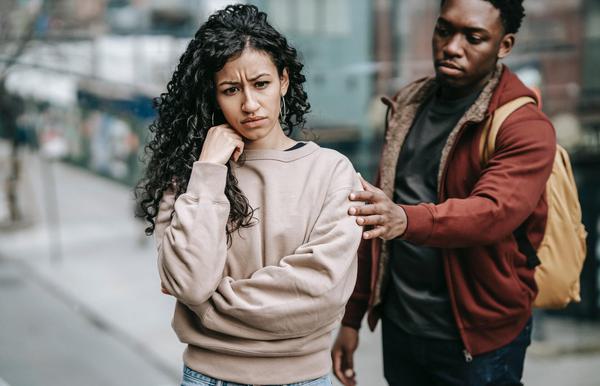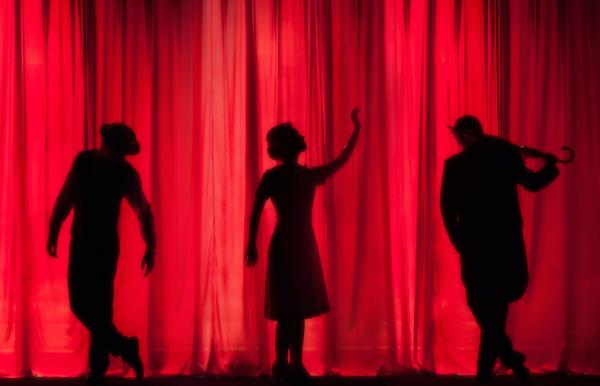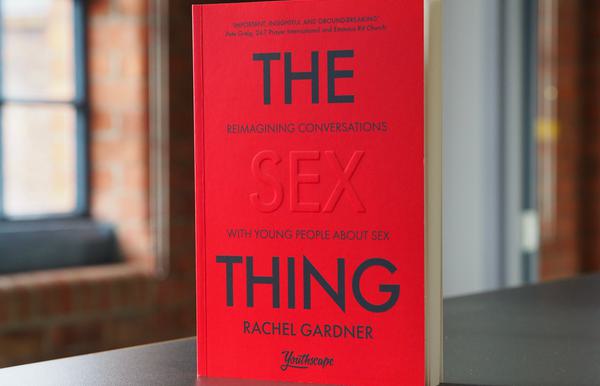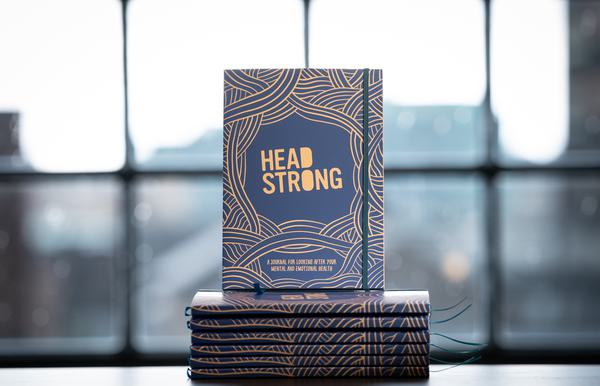Euphoria is a popular, provocative, adult-themed drama about teenagers. Steven Mitchell explores what it has to say about mental health, addiction – and youth work.
Image credit: HBO
If you’ve ventured onto Twitter much over the last ten weeks you may have noticed the word Euphoria in the 'trending' category. Euphoria is a US teen drama with an explicit, adult bent, and it’s got people talking. It’s apparently the most tweeted about show of the decade so far, garnering 30 million tweets for its second season, which has just finished airing in the UK on Sky and NOW TV.
Euphoria fits into the trend of graphic, gritty high school dramas that we’ve seen in recent years. Gone are the squeaky-clean characters of the shows I used to watch as a teenager, like Dawson’s Creek, where we were shocked when one of the characters had a sip of alcohol. Instead, the teenagers in Euphoria drink, smoke, take drugs, have underage sex, watch porn and do pretty much everything you can imagine. In fact, by the end of the first episode of season 2 we have witnessed full frontal nudity by both sexes, strong sex and drug taking, Quentin Tarantino levels of extreme violence, and enough swearing to make anyone blush.
So why should youth workers be aware of a show like this that is clearly aimed at over 18s?
Although that may be the intended audience, the fact that the lead character Rue is played by Zendaya, former Disney child actress and now co-star of the recent Spider-Man movies, means that many teen fans of hers will probably have sought out the show. Though it’s fair to say that her character is a million miles away from MJ in Spider-Man. Rue is addicted to heroin, has OD’d and is in and out of rehab and is in an on/ off relationship with a trans girl (Jules) played by trans actress, Hunter Schafer.
I think Euphoria is an incredible show with so much to say about youth culture and the struggles that young people currently face. Yes, due to its strong content, it isn’t for everyone, but let me share a couple of thoughts on what I learned from it.
Mental health awareness
Euphoria puts mental health awareness at the forefront. Most of the characters experience poor mental health in the series. Whether it’s depression, body dysmorphia, suicidal ideation or eating disorders, Euphoria is not shy about speaking honestly about these issues and what young people feel. Yes, it is an exaggerated show but the feelings and lived experiences are real and as someone who is a trained mental health first aider, it offers an honest portrayal of these issues. The show, in my opinion, isn’t trying to glamorise or sensationalise them, merely demonstrate that they are a normal part of life for many young people.
Many charities have spoken about how we have not yet seen the full impact of the pandemic when it comes to young people’s mental health and it’s so important that as youth workers and churches, we are ready to be a safe space and a listening, non-judgemental ear to young people. The characters in the show may seem like aliens in comparison to the young people you work with, but rest assured there’s probably more going on inside than you realise.
All behaviour is communication
Another aspect that I really admire about Euphoria is that it gets behind the stereotypes of some of the real characters to show why they act the way they do. At first, I found Fezco, the high school dropout turned drug addict, really difficulty to empathise with. He is a drug dealer after all. But they dedicated a whole episode to his childhood to help us understand how it was a series of events that led him to be who he is now.
I’m sure we’ve all had those times at a youth club or group where we’ve become exasperated by the behaviour of a particular individual. Maybe at times we’ve even been guilty of writing them off – I know I have. I felt the exact same about Fezco, but seeing him grow up and the kinds of role models he had and the situations he was put into changed my perspective. It’s no surprise that he turned out the way he did, and that’s the same with most of the young people we meet.
I remember being taught that “all behaviour is communication”. Every action, whether good or bad, speaks to who that person is and the experiences they have had in their lives. We, as youth workers, have the privileged position to walk alongside these young people and support them with everything they are going through.
Where are the youth leaders?
As I watched the finale of season 2 and said farewell to these characters (until the inevitable season 3), it left me thinking about how different their journeys might have been had they had youth workers in their lives. May we continue to be people who go to the fringes and engage with those outside of our church walls.
There’s far more I could say about this show and how it has challenged and provoked me. I would encourage youth workers to consider watching it, or, at the very least, read up on it as I guarantee some of your young people will have seen it and it’s great to be able to have informed conversations with them. The journey for the characters of Euphoria is far from over.
Steven Mitchell is the Children and Youth Work Development Officer for the United Reformed Church in Mersey Synod. He is also the host of the podcast ‘Reel Faith’ which explores the intersection between faith, culture and youth work.










